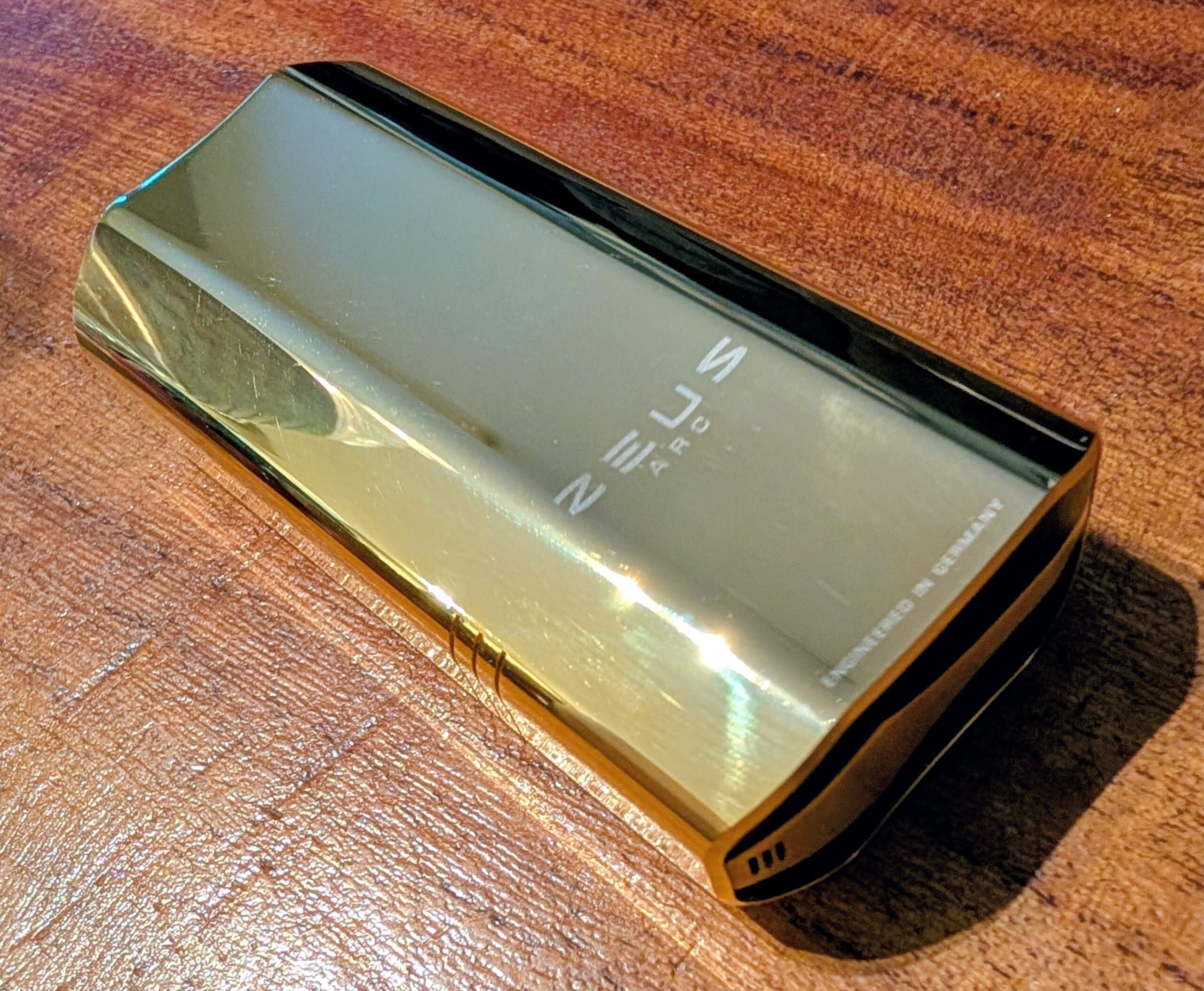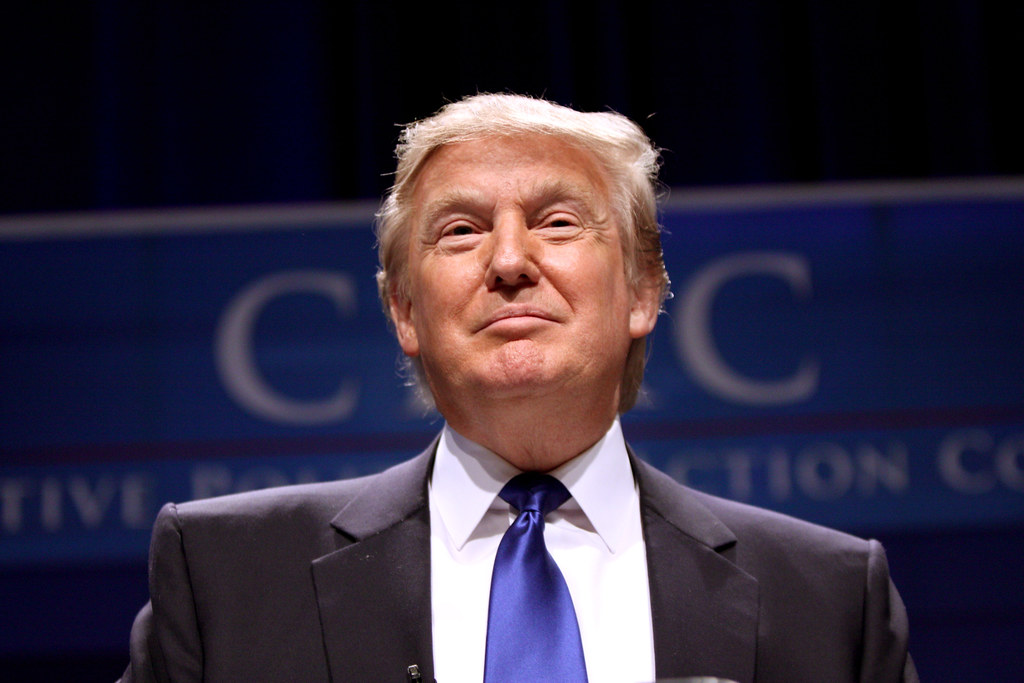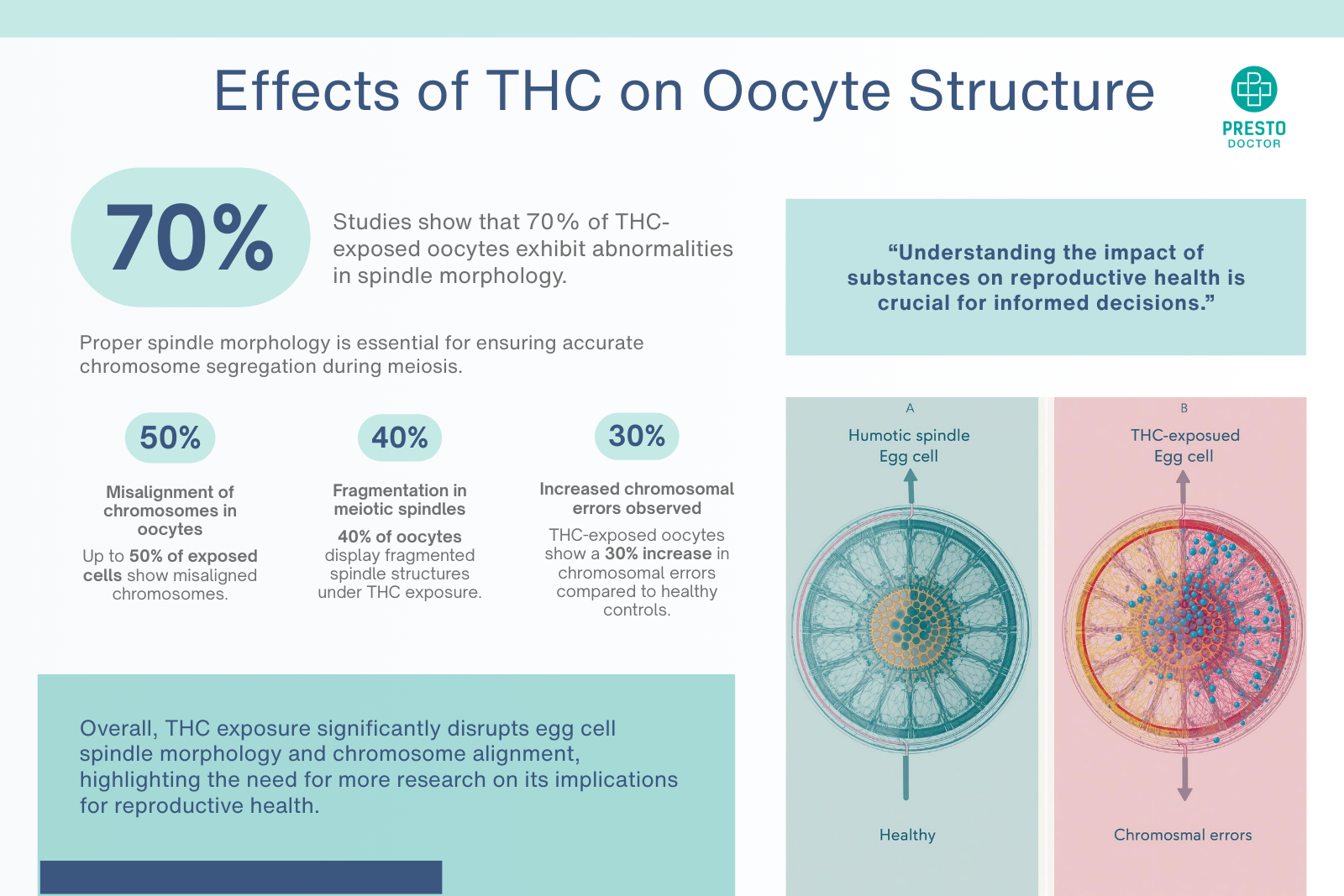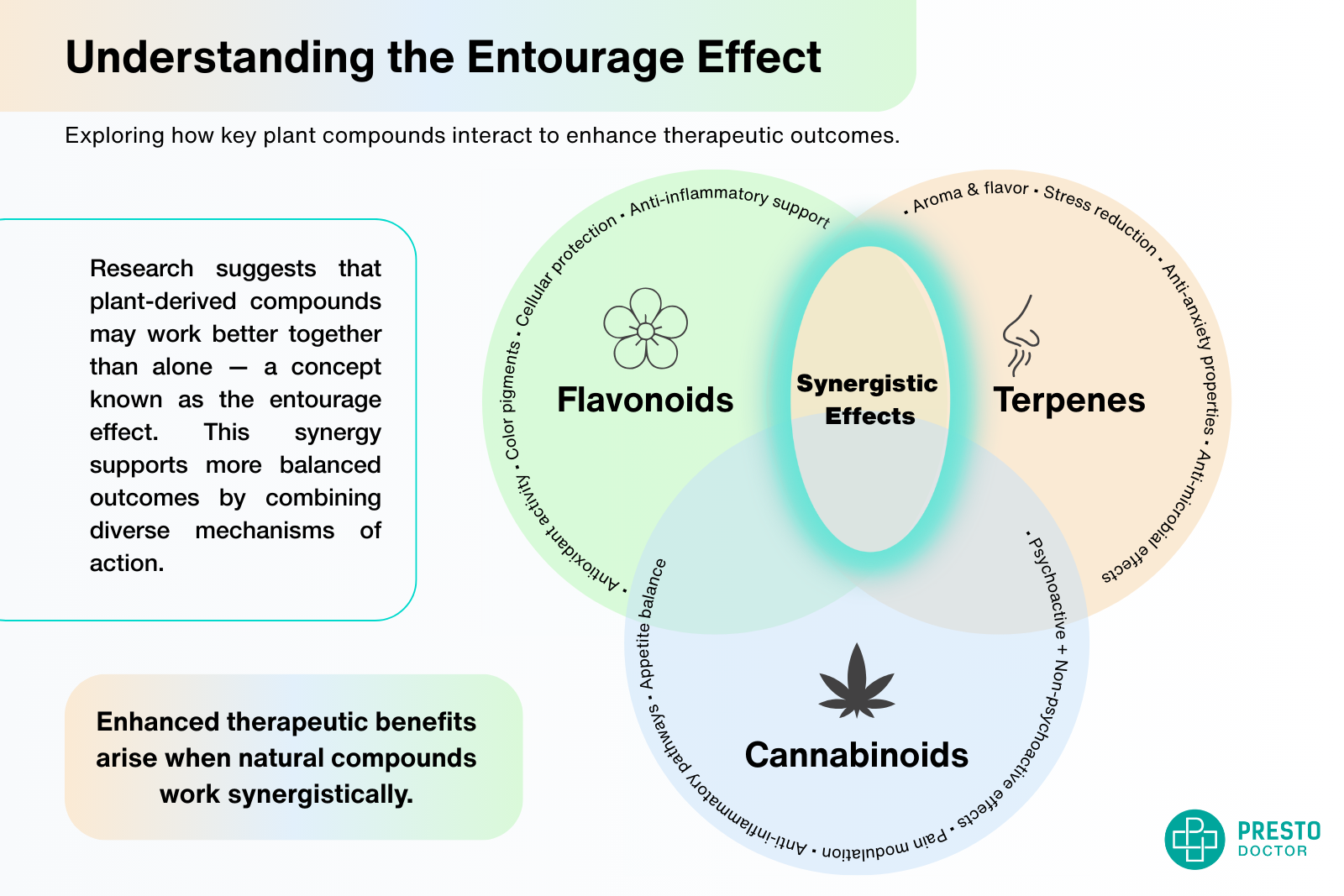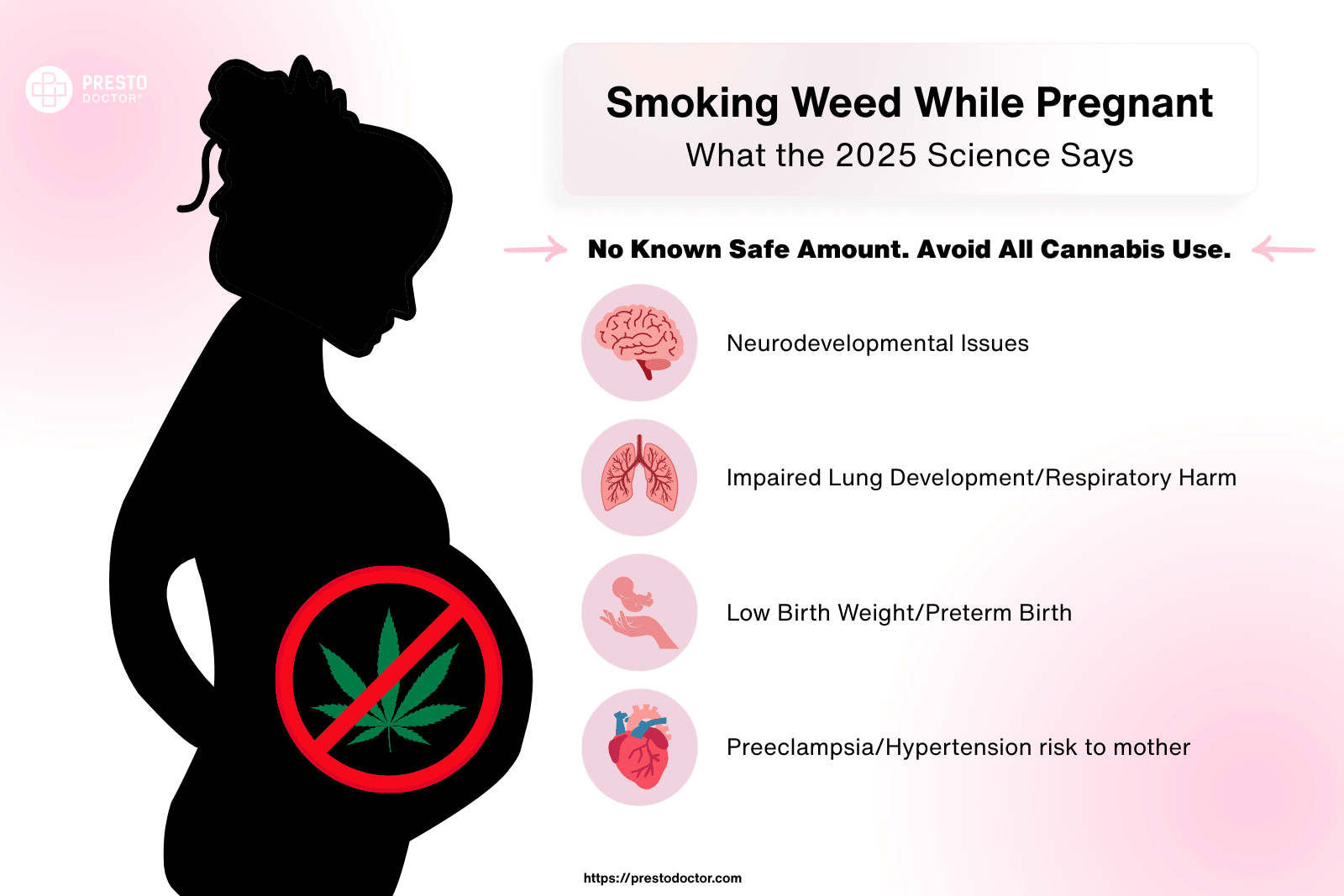
Imagine a life where throbbing temples, debilitating nausea, and a hypersensitivity to sound and light no longer dictate your every move. For people with migraines, this may seem like a dream come true. A migraine attack can disrupt lives and cast a shadow over even the simplest of daily activities.
When traditional approaches to migraine/headache relief are not working, another option is now offering hope to those seeking relief: cannabis. Cannabis, the once stigmatized plant, has shown promise in easing the torment of migraines.
What Is A Migraine?
A migraine is a neurological condition that presents intense, throbbing pain and headaches. They can last anywhere from a few hours to several days, even 72 hours. They can also cause visual disturbances (blind spots, zigzag lines, or flashing lights) known as auras. The exact cause is still unknown, but researchers believe that a combination of genetic and environmental factors play a role.
Marijuana strains with the right combination of cannabinoids show potential. They can reduce pain levels associated with migraines without producing unwanted side effects. This offers a natural, sustainable relief in place of pharmaceutical options like opioids or other medications. Other medications may involve additional risk factors or unwanted side effects.
Fast Facts
- Approximately 1 billion people worldwide are affected by migraines.
- 1 in 7 individuals have experienced a migraine.
- Migraines are more prevalent in women than men.
- Migraines often coexist with other health conditions, increasing the risk of depression, anxiety disorders, stroke, and cardiovascular diseases.
- Migraines have a strong genetic component, with higher chances of developing if one or both parents have experienced them.
- Finding effective migraine treatments can be complex and individualized. This often requires trial-and-error to identify the best solution for each patient.
How Can Cannabis Help?
Migraines have been the subject of extensive research in recent years. Conventional treatment options may not work for everyone, so researchers have turned their attention to cannabis as a potential alternative.
Here, we explore recent findings from scientific studies that shed light on the effectiveness of medical marijuana in reducing migraines:
Pain Relief
Cannabis is widely known for its analgesic properties, and studies suggest that it may alleviate migraine-related pain. Research published in the Journal of Pain found that inhaled cannabis reduced the severity of migraine pain by an average of 47.3%. Another study in Pharmacotherapy reported that the frequency of migraines decreased from 10.4 to 4.6 headaches per month after cannabis use.
Anti-Inflammatory Effects
Migraines often come with neuroinflammation, and cannabinoids found in cannabis exhibit anti-inflammatory properties. A study published in the European Journal of Pharmacology demonstrated that cannabinoids reduced inflammation in animal models, suggesting their potential in mitigating migraine-related inflammation.
Nausea
Migraines are frequently accompanied by nausea and vomiting, and medical marijuana has shown promise in alleviating these symptoms. A study published in the Journal of Clinical Pharmacy and Therapeutics reported that cannabis use led to a significant reduction in nausea and vomiting associated with migraines.
How To Use Cannabis For A Migraine
When it comes to migraines, being proactive is key. The sooner you recognize the signs of an impending attack, then the better equipped you are to mitigate its impact.
Consumption methods such as smoking or vaping has fast acting effects as cannabinoids enter your bloodstream via the lungs. Within minutes, the therapeutic effects of cannabis kick in. This can intercept the migraine before it worsens, or provide solace during the midst of an attack.
To prevent a migraine, edibles may be a viable option. Although they are not fast acting, they may sustain action over several hours to ensure continuous pain relief. Oil-based tinctures are another option which have an onset time of 15-30 minutes. Tinctures are also long lasting but they offer greater ease in dosage administration compared to edibles.
Cannabis can also promote regenerative sleep, allowing the brain to reset and rejuvenate. Whichever type of migraine you get – acute migraines or chronic, sleep is usually helpful.
To best determine the correct dose, consult with your physician before treating yourself for a migraine. Your healthcare professional may provide valuable guidance to ensure proper treatment.
Best Strains For Migraines
OG Kush
OG Kush, an Indica-dominant strain with delightful fruity flavors, holds a mystique surrounding its origins. With a high THC content and lower levels of CBD, OG Kush offers a range of effects. Expect to feel relaxed, uplifted, and possibly couch-locked, along with sensations of laziness, sleepiness, and increased appetite.
Patients report that OG Kush effectively helps even the most severe migraine symptoms. This is potentially due to its high THC levels, which are believed to have analgesic properties.
Purple Kush
Purple Kush, an aesthetically appealing and fragrant Indica-dominant cannabis strain, offers potential relief and rejuvenation. Particularly beneficial for those experiencing significant discomfort, Purple Kush promotes rest and relaxation. As a pure Indica strain with heavy THC content, it delivers a delightful numbing sensation.
It also induces deep body relaxation and promotes a restful sleep. This numbing effect can be particularly valuable in addressing pain and insomnia.
Harlequin
Harlequin, a uniquely bred strain has gained recognition for its consistently higher levels of CBD. This makes it an excellent choice for addressing medical conditions linked to chronic pain, acute pain, inflammation, and anxiety, which are often associated with migraines. This Sativa-dominant strain delights the senses with its sweet mango-like flavor. It can offer an energy boost and enhanced focus, all while inducing a state of relaxation.
Conclusion
These findings are promising, but more research is needed to fully understand the efficacy, safety, and long-term effects of medical marijuana for migraines. Individual responses may vary, so consult healthcare professionals for the best treatment approach.
Migraine-cannabis interaction is unclear, but studies show cannabis has the potential in alleviating the sensory perception of pain. One theory is that cannabis slows the transmission of neurochemicals along pain pathways, resulting in a diminished perception of pain. By interrupting or delaying this communication process, the intensity of pain experienced may be reduced. While more research is needed, this theory provides a plausible explanation for the observed pain-relieving effects.
PrestoDoctor Can Help
PrestoDoctor is here to help you obtain your medical marijuana card. We help you get your medical marijuana card fast, easy, and 100% online from the comfort of your own home.
First, create a profile at prestodoctor.com and create an account. Then, simply select a date, time, and doctor, and attend your appointment via video chat.
Our doctors specialize in helping patients with medical ailments use cannabis as treatment. They will ensure you receive expert guidance tailored to your medical needs. Plus, our platform is HIPAA-certified, guaranteeing the privacy and security of your personal information.
Visit PrestoDoctor.com for a seamless and convenient way to access the benefits of medical marijuana without any hassle. Our team of doctors even offer same day appointments. Getting your medical marijuana ID card has never been an easier process.

